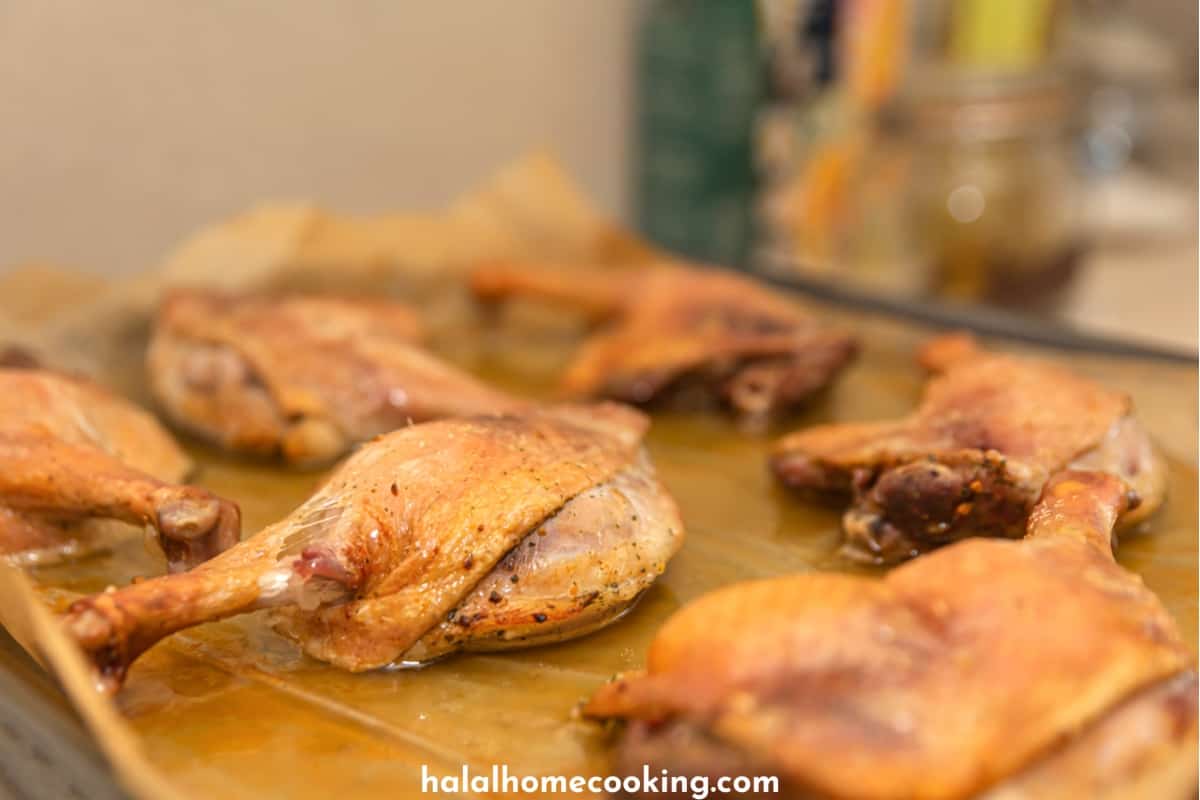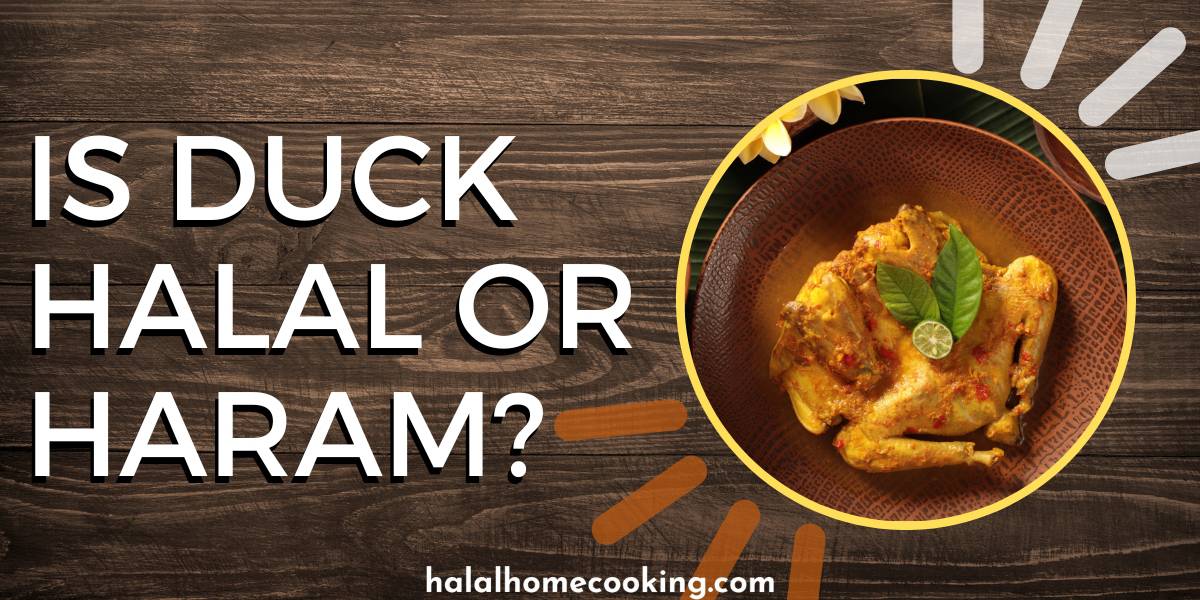Halal food and its permissibility is a topic of great importance in the Muslim community, with Islamic dietary laws outlining specific guidelines for what can and cannot be consumed. While chicken and other bird meats are commonly recognized as halal, there seems to be some confusion surrounding duck meat.
In this article, we will delve into the intricacies and scholarly opinions on whether or not ducks fall under the category of halal meat. We’ll also discuss how these animals should be slaughtered according to Islamic law, including the use of a sharp knife, proper manners in slaughter, and adherence to mercy towards animals. Additionally, we’ll touch upon related topics such as halal ingredients used in dishes containing duck meat.
Halal certification plays an essential role in helping Muslim consumers identify suitable food products. However, when it comes to certain types of meats like ducks or waterfowl species generally referred to as aquatic birds (such as geese), there are varying opinions among Islamic scholars. Some consider them halal due to their similarity with chickens—both being birds—while others argue that since they possess talons like carnivorous animals or have distinct characteristics from chickens; their permissibility may not align with Islamic guidelines.
To provide clarity on this matter, we’ll examine different perspectives from Islamic scholars regarding the status of duck meat under halal guidelines. We will consider factors such as anatomical differences between ducks and chickens concerning talons or physical traits that distinguish them from typical poultry birds traditionally considered halal.

Is Duck Halal in Sunni?
Yes, duck is generally considered halal (permissible) in Sunni Islam. According to the majority view among Sunni scholars, any bird with talons or claws and a crop is permissible for consumption as long as it is slaughtered using the appropriate Islamic method of ritual slaughter known as zabihah. Therefore, if a duck meets these criteria and is slaughtered correctly by a Muslim adhering to Islamic regulations, it would be considered halal for Sunni Muslims to consume.
Is Duck Halal in Shia?
According to Shia Islamic jurisprudence, ducks are considered halal as long as they meet the general requirements for halal consumption. These include being slaughtered by a Muslim who is sane and of sound mind, using a sharp knife to swiftly sever the throat, and reciting the appropriate tasmiyah (bismillah allahu akbar) during the process. It is important to note that individual scholars may have slight variations in their interpretations or specific rulings on this matter.
Is Duck Halal in Hanafi?
According to the Hanafi school of thought in Sunni Islam, a duck is considered Halal (permissible) to consume as long as it is slaughtered according to Islamic guidelines. The guidelines include reciting the name of Allah while slaughtering and ensuring that the jugular veins and windpipe are cut with a sharp tool, causing quick death without excessive pain for the animal. Therefore, Duck can be consumed by following these procedures in accordance with the Hanafi interpretation.
Are Duck and Rice Halal?
Duck and Rice can be halal if the meat is prepared according to Islamic dietary laws. This means that the duck must be slaughtered by a Muslim using the appropriate methods and the rice and any accompanying ingredients must also be halal-certified or sourced from halal suppliers. It is always recommended to check with the restaurant or supplier to ensure that their duck and rice dish is prepared in accordance with halal guidelines.
Is There Halal Duck In Costco?
Halal Certification for Duck: One of the main concerns in determining if the duck at Costco is halal is whether or not it has been properly slaughtered and prepared according to Islamic dietary laws. In order for a duck to be considered halal, it must be ritually slaughtered by a Muslim who is trained in the specific halal methods.
Checking with Costco: To determine if the duck at Costco is halal, it is best to contact your local Costco and inquire about their specific practices and products. They may be able to provide information on whether they offer halal-certified ducks or if their suppliers follow halal guidelines.

